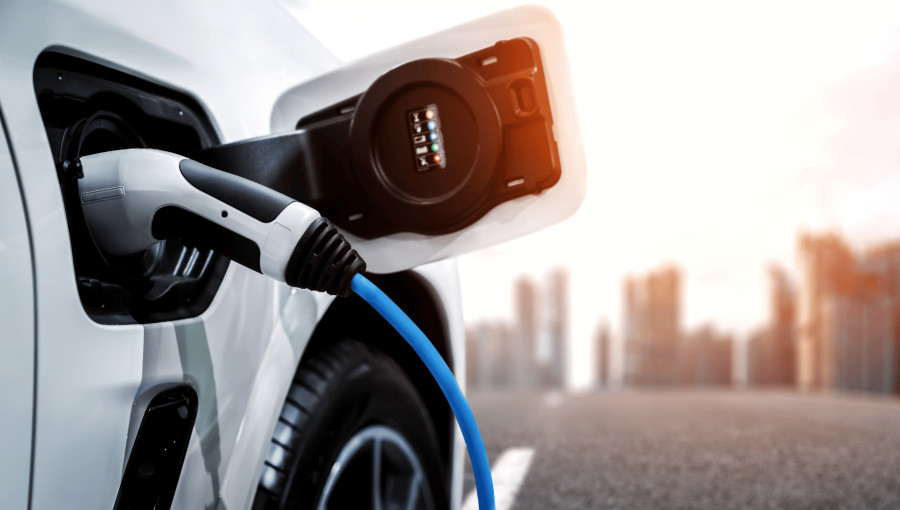A significant advancement in electric vehicle (EV) battery technology from the Korea Advanced Institute of Science & Technology (KAIST) may soon enable vehicles to cover nearly 500 miles on a single charge, with charging times reduced to just 12 minutes. This new battery incorporates a special liquid electrolyte that addresses issues related to dendrites, which can disrupt battery function, a breakthrough that could transform the current landscape of the automotive industry.
Researchers from KAIST have developed a novel battery utilizing lithium metal, moving away from the traditional lithium-ion approach that employs graphite as an anode. Historically, the formation of dendrites—lithium crystal growth on the anode after charging—has posed challenges, especially during rapid charging, leading to performance degradation and potential short-circuits. The new liquid electrolyte introduces an anion structure that limits this dendrite formation, effectively enhancing both battery stability and lifespan.
The fresh design boasts an impressive longevity of over 180,000 miles and outperforms the standard lithium-ion battery range, which generally maxes out at approximately 370 miles. According to KAIST experts, this innovative electrolyte enhances fast charging capabilities without sacrificing energy density, suggesting that it could lay the groundwork for the next wave of high-performance electric vehicles. Professor Hee Tak Kim from KAIST highlighted the breakthroughs made in understanding the interfacial structure of lithium-metal batteries, emphasizing that this research helps bypass the obstacles that historically hindered the integration of this technology into EVs.

